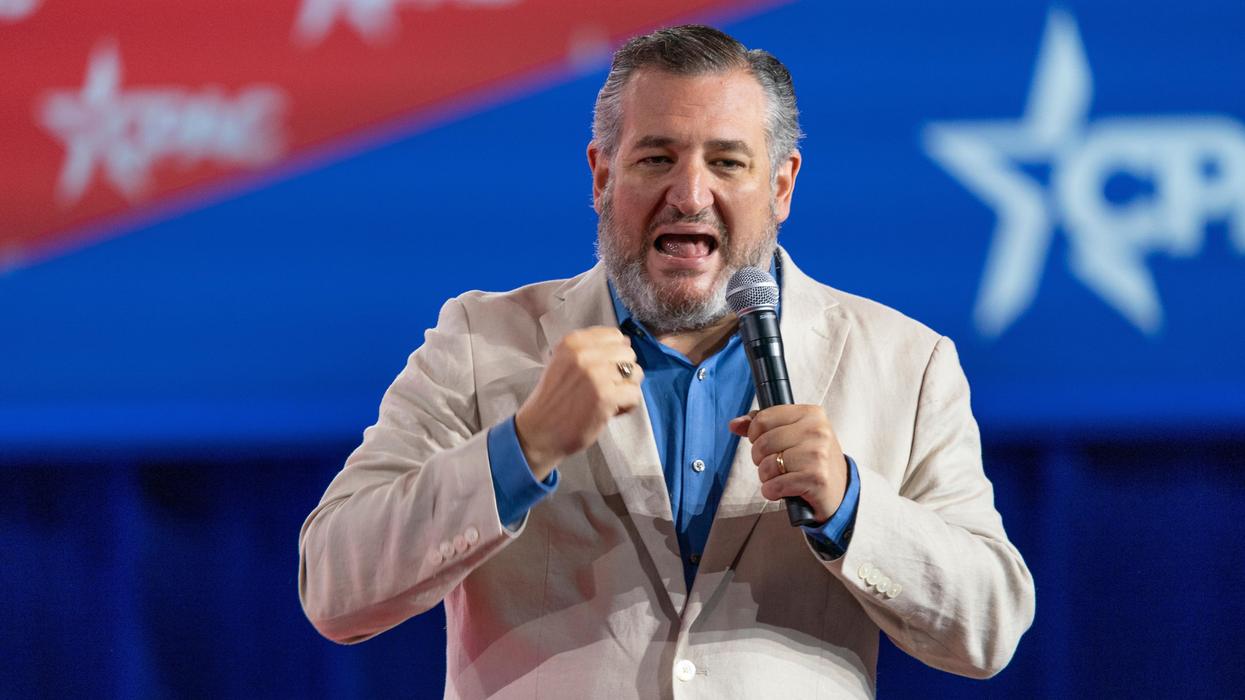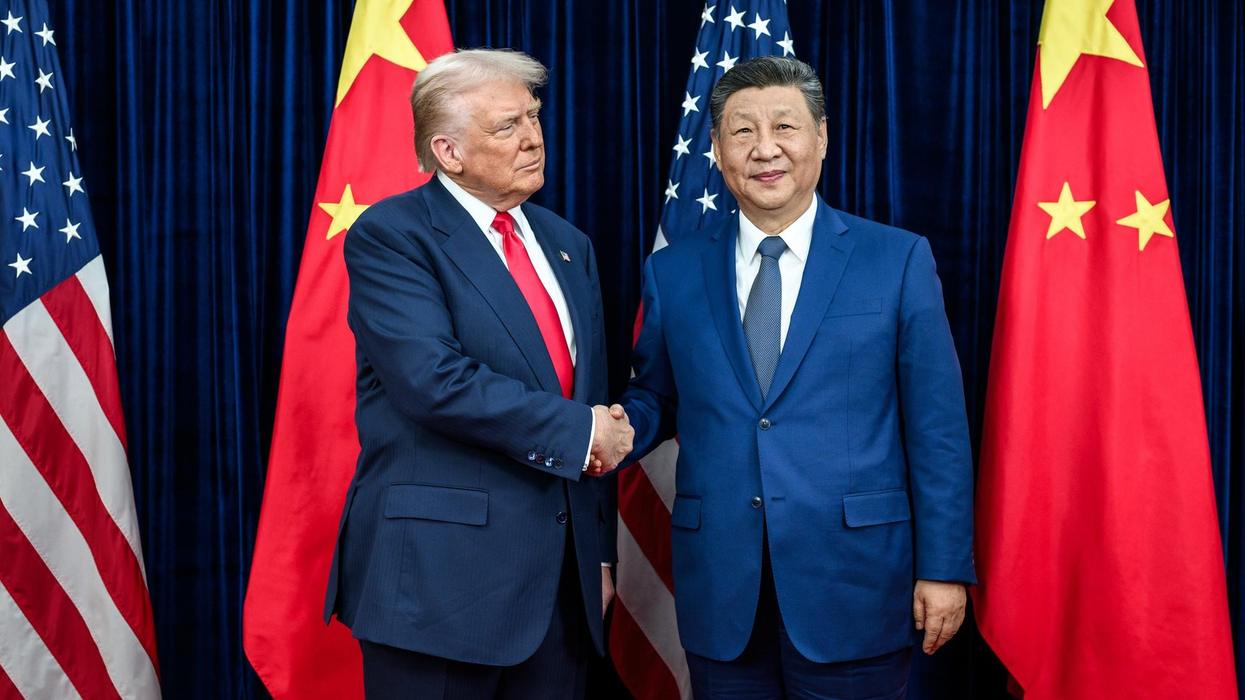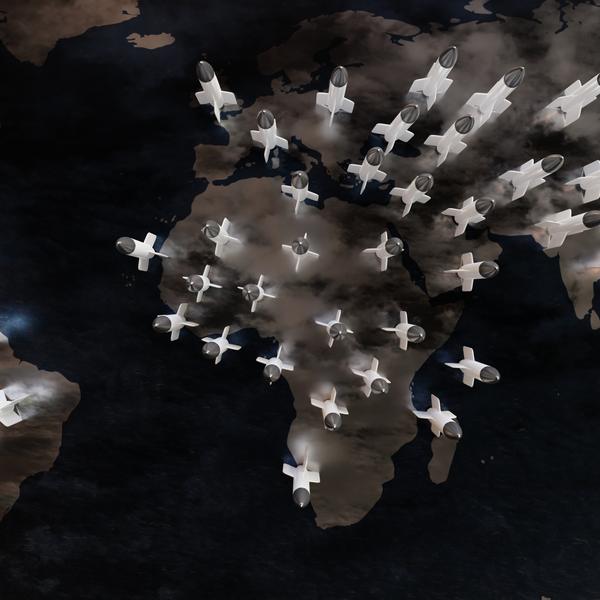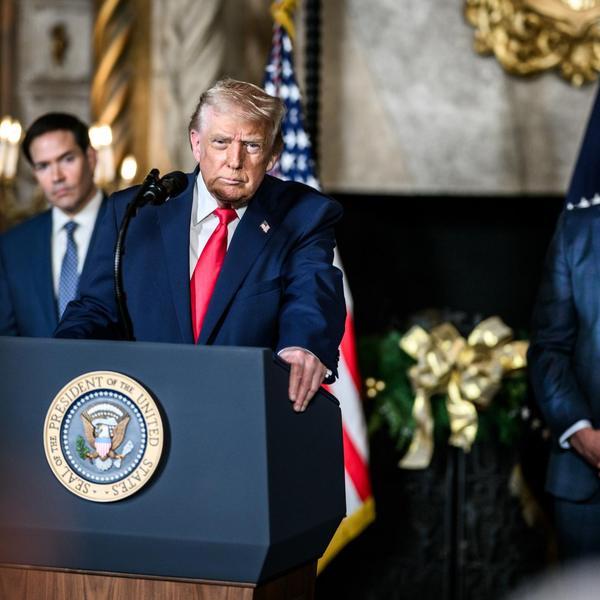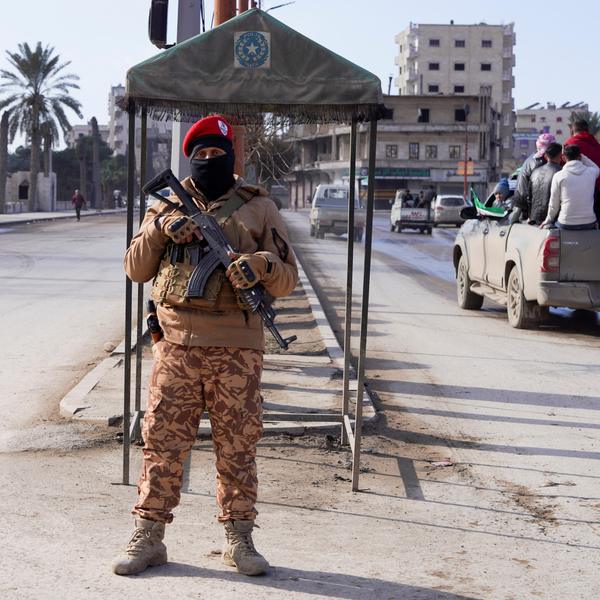The Dystopian Future of AI Warfare
From the electronic battlefield in Vietnam to network centric warfare that was developed in the late 1990s and used in Iraq and Afghanistan, every new generation and every new war brings with it the promise of a new kind of technology that will change the nature of warfare forever.
In most cases, these technologies fail.
Today, the weapons industry is selling the American people on the Replicator Initiative as the way for Washington to gain a military edge against China.
“Replicator will begin with all-domain, ‘attritable’ autonomy to help overcome China's advantage in mass: more ships, more missiles, more forces," according to the Pentagon. These capabilities “can help a determined defender stop a larger aggressor from achieving its objectives, put fewer people in the line of fire, and be made, fielded, and upgraded at the speed warfighters need without long maintenance tails," says Kathleen Hicks, the Deputy Secretary of Defense.
If history is any guide, there is good reason to believe that these suggested technological advancements could fail, or worse.
“If we look at how AI is being used so far, it’s a very, very bad sign,” William Hartung, senior research fellow at the Quincy Institute for Responsible Statecraft, says in a new video produced by Khody Akhavi and Steve McMaster. “Either they’re going to sell us a bill of goods. It’s all going to fail. We’re going to waste a lot of money and create a lot of tension. Or they’ll integrate it into the war machine and then we’ll have disastrous results. The time to worry about that is now.”
- The Pentagon is flirting with the dark side of AI ›
- Imagine killer AI robots in Gaza, in the Donbas ›
- Will AI make soldiers obsolete? | Responsible Statecraft ›
- Are killer robot boats coming to save us? | Responsible Statecraft ›
- DoD promised a 'swarm' of attack drones. We're still waiting. | Responsible Statecraft ›


